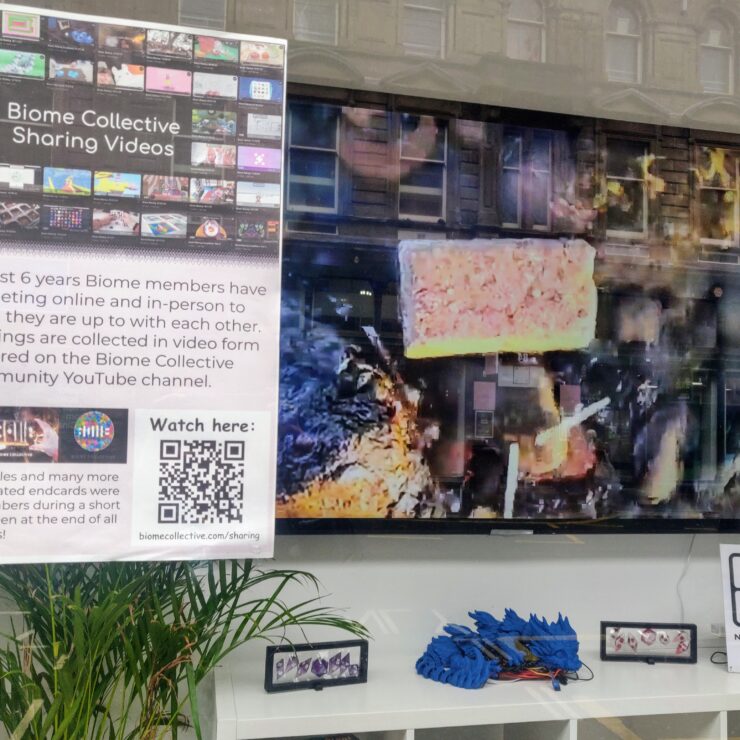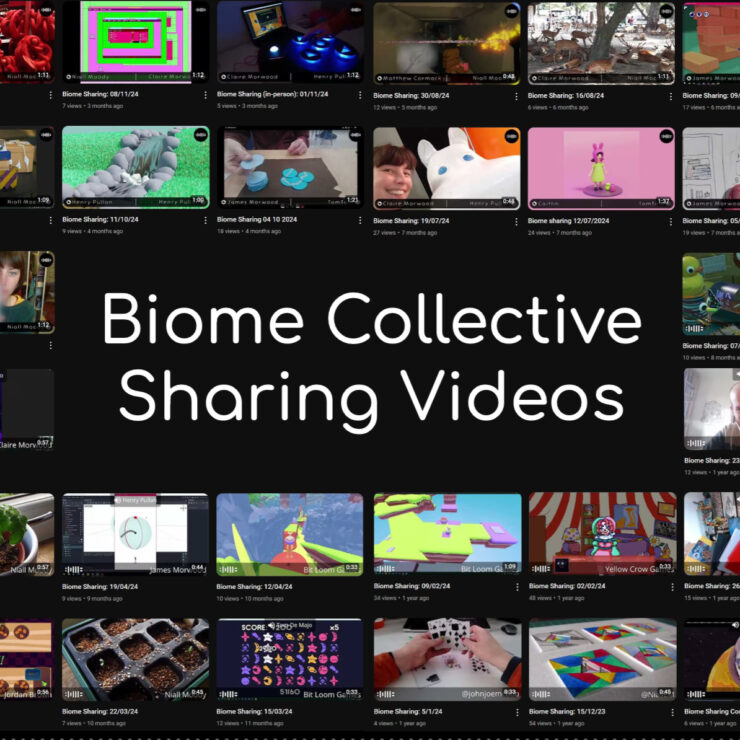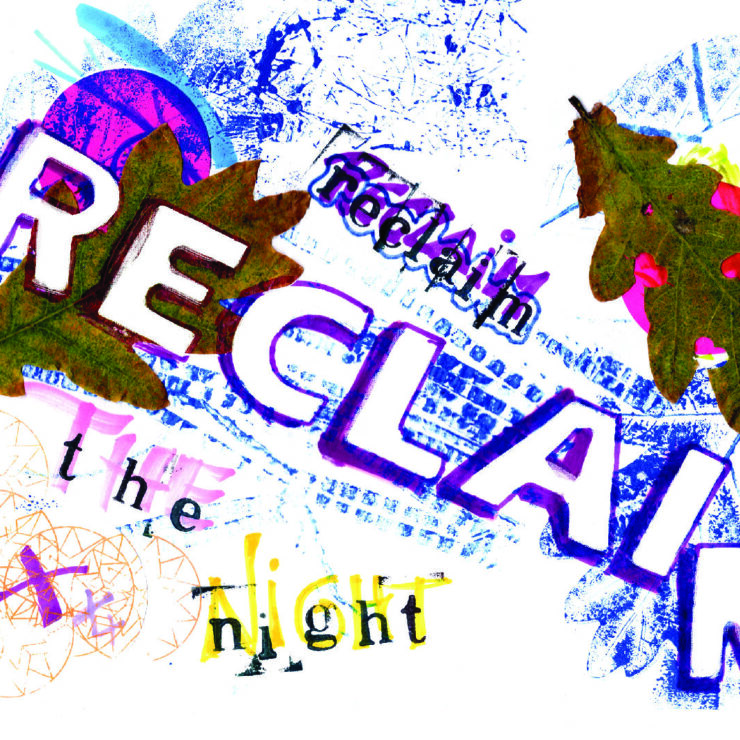We Are The Digital Champions

Recently some of the NEoN team attended Digital Champion Training, part of a UK wide initiative to tackle digital and social exclusion.
Run by Shona Munro of the Mhor Collective, the workshop aimed to train us at NEoN to be aware of how digital exclusion works and how we can work to prevent it. Part of the One Digital partnership being delivered by SCVO in Scotland and funded by the National Lottery Community Fund, it was a chance for us to examine our digital privilege.
As a digital arts festival we’d like to think we’re pretty good at navigating the internet, new media, and digital technology. We commission new work, host exhibitions and perform outreach – but how often do we stop to think about what exactly it is we’re doing?
As a Regularly Funded Organisation (RFO) from Creative Scotland we have a duty to work towards improving the digital literacy and access opportunities of our local community – something we hope to do with a full outreach programme this year.
But first we had to look inside and consider why digital inclusion matters. Part of this is thinking about what our own fears and prejudices are, what we would consider essential digital skills, and how we can measure our outreach impact. We also discussed issues of online safety.
In terms of our fears we asked ourselves; what scares us online and what concerns do we have about our relationship with digital technology?
Some of our answers were:
- Not having any presence online at all, being outside of the digital capitalist system and being denied rights because you’re not a ‘digital citizen’ – for instance people being excluded because they can’t sign up to Universal Credit.
- Being lied to online. We asked ourselves if it is easier or harder to lie online nowadays? We brought up issues such as Facebook’s ‘real name’ policy, the fact that some of us now have Twitter accounts with tweets going back ten or more years, and the ever improving nature of facial recognition technology.
- We’re concerned about how close our social media/Google search results are to our real personality (think of that Black Mirror episode).
- And we’re scared of using public Wifi without a good virtual private network (VPN) in place.
After we expressed our fears we discussed online safety. Simple things, like checking whether a website is secure by whether it has ‘https://’ or just plain ‘http://’. Without the ‘s’ the website is not secure (the ‘s’ stands for ‘secure’).
Shona informed us of online resources that could help up learn more about online security, including: CEOP, Net Aware, Thinkuknow and NewsGuard.
But why does all this matter? Well around 90% of jobs require basic digital skills and many public services are moving towards a ‘digital first’ approach which means that to apply for benefits or access NHS services members of the public are being directed to websites. This can be particularly difficult for older people.
Think of a job that doesn’t need digital skills. It’s tricky, right? Maybe certain ‘cash in hand’ jobs with small businesses. But for the majority of people pay slips are moving to online only, email is the preferred method of communication, and if you don’t have an online presence at all an employer might not consider you for a job.
So where does that leave us, here at NEoN digital arts festival? Well we can now proudly say that we’re Digital Champions. We can identify and articulate the importance of digital skills, our confidence in supporting others has increased, and we feel empowered to pass on digital skills to those we’ll work with over the coming year.


